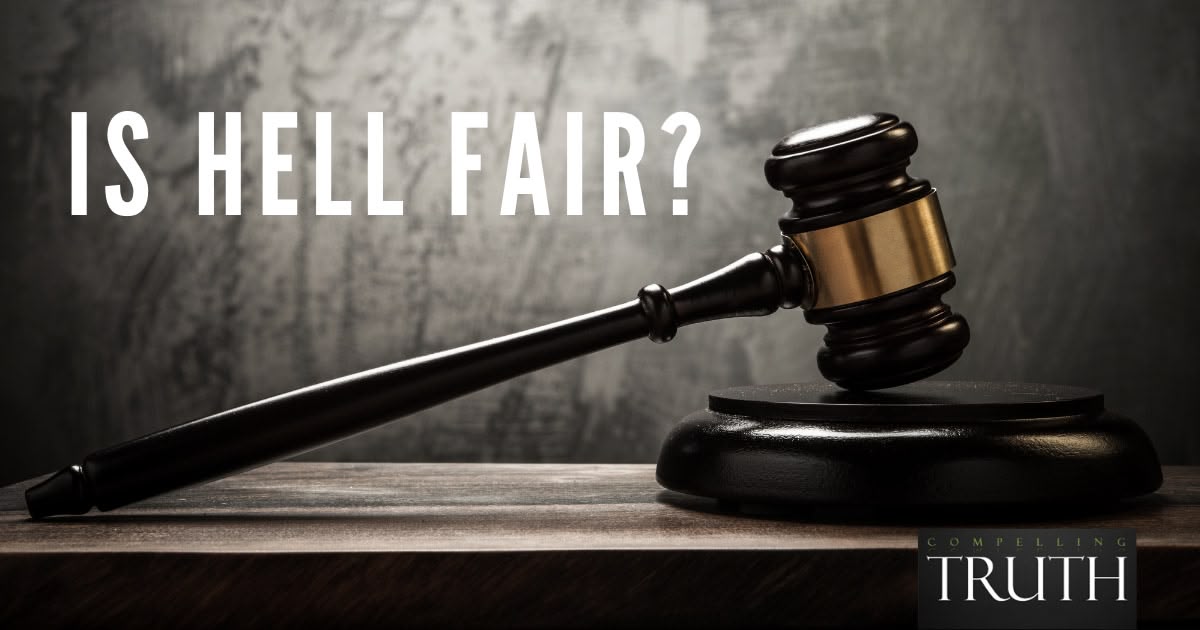what does the bible say?
In Mark 9:48 Jesus, quoting from Isaiah 66:24, describes hell as "where their worm does not die and the fire is not quenched." This verse is found within a larger portrayal of the horrors of hell, using a place called Gehenna—the garbage dump of ancient Jerusalem—as an illustration. The Greek word Gehenna, translated as "hell" in Mark 9:43, originates in the Hebrew name for a place known as the "Valley of Hinnom." It was located on the south end of Jerusalem and had been a site for pagan child sacrifices during Old Testament times (2 Kings 23:10). During Jesus' lifetime, Gehenna had a constant fire burning to dispose of the waste left there—from regular household trash to the carcasses of animals and convicted criminals (Jeremiah 7:31–33). Because of all this, the Jews considered Gehenna to be a cursed place full of filth. It was an apt representation of hell, a place so horrific that Christ said it would be better to cut off a hand or foot or put out an eye if those cause us to sin. Being maimed is preferable than ending up in hell (Mark 9:43–47). The Bible passages about hell show the urgency of receiving Christ as Savior, making Him Lord of our lives, and sharing the good news of Him with others (John 3:16).




